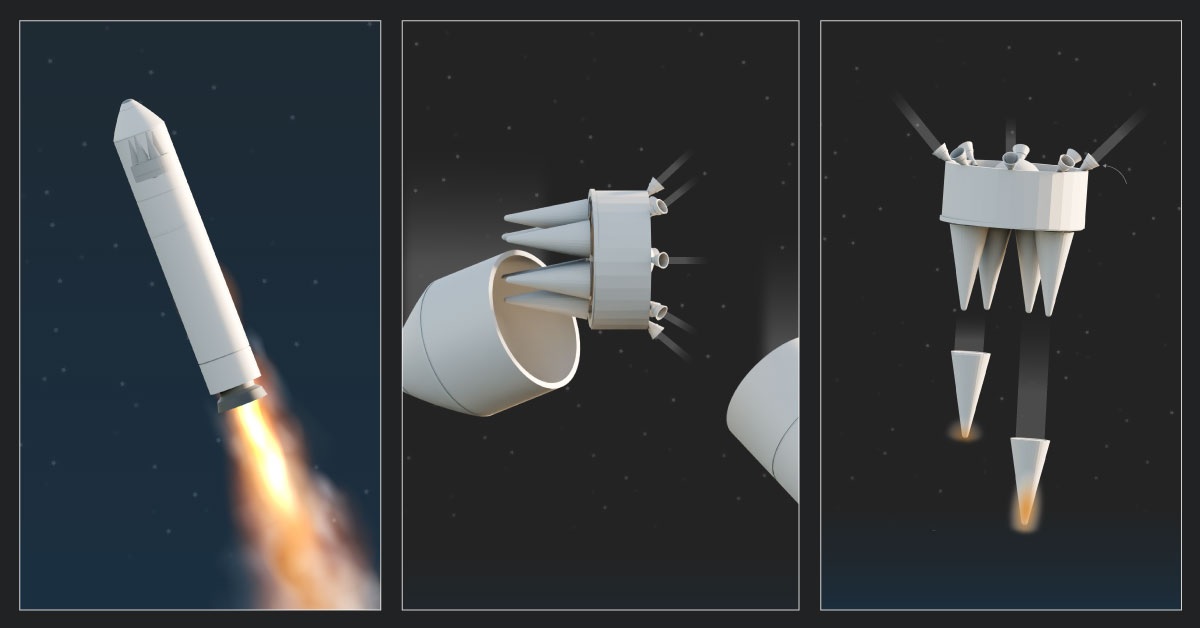Trump Turns Against Zelensky, Echoes Russia’s Narrative on Ukraine War

Donald Trump has not only turned against Ukrainian President Volodymyr Zelensky—branding him a "dictator"—but he has also begun aligning with Russia’s perspective on the war, sending shockwaves through Kyiv and its European allies. This dramatic shift comes as Trump’s administration accelerates efforts to negotiate directly with Moscow while excluding Ukraine, leaving many wondering whether Washington is preparing to abandon Kyiv.
A Sudden Rift with Ukraine
Tensions had been simmering for days following Trump’s surprise announcement of truce talks with Russian President Vladimir Putin. Ukraine, blindsided by the move, had already been concerned that its biggest backer might push for a deal that left it vulnerable. However, it was not just the sidelining of Kyiv that worried Ukraine and its European partners—it was the language Trump used.
When Trump suggested that "Ukraine started the war," dismissed Zelensky as a "comedian," and falsely claimed that the Ukrainian leader was unpopular, he was not merely insulting an ally. He was openly repeating Kremlin narratives designed to justify Russia’s invasion. His statements about blocking Ukraine’s NATO membership and urging Zelensky to call elections further aligned with Moscow’s longstanding strategic goals.
Max Bergmann, director of the Europe, Russia, and Eurasia program at the Center for Strategic and International Studies, described Trump’s shift as “creating a predicate for the United States to simply wash its hands of supporting Ukraine and to focus on having a relationship with Moscow.” He added that Trump has a well-documented "affinity for Vladimir Putin and the strongman style that Putin has."
Trump’s Longstanding Skepticism Toward Ukraine
This turn of events is not entirely new. Trump has never been a strong advocate for Ukraine, even when much of the world rallied behind Kyiv after Russia's invasion in 2022. His first impeachment in 2019 was linked to a scandal involving Ukraine—he was accused of pressuring Zelensky to investigate Joe Biden's family while withholding military aid.
Unlike President Joe Biden, who championed billions in military assistance for Ukraine, Trump has long opposed such aid, arguing it was not in America’s interest. On the campaign trail, he has repeatedly vowed to end the war "in 24 hours," raising concerns that he would force Kyiv into a settlement heavily skewed in Russia's favor.
Trump's announcement of a phone call with Putin last week was initially balanced with a subsequent call to Zelensky. However, the order of these calls—Putin first, then Zelensky—did not go unnoticed in Kyiv. Tensions escalated further when Russian and U.S. officials held undisclosed talks in Saudi Arabia, leaving Ukraine feeling increasingly sidelined.
A War of Words: Zelensky vs. Trump
The breaking point came when Trump, speaking from his Mar-a-Lago resort, accused Ukraine of starting the war. Zelensky swiftly dismissed the claim as Russian "disinformation."
Trump, however, doubled down—this time on social media—mocking Zelensky as a “comedian” and a “dictator without elections.” The backlash was immediate, with even some Republicans, including former Vice President Mike Pence, expressing concern over Trump’s rhetoric.
But the real shift came when Trump's administration began defending his stance, signaling that his words were not just personal attacks but an emerging policy. White House officials publicly supported his remarks, while National Security Advisor Mike Waltz questioned why Zelensky had not "tried to end this war for the betterment of his country."
For Ukraine, this signaled a stark reality: the U.S. might no longer be a guaranteed ally in its struggle against Russia.
Europe’s Dilemma: Support Ukraine or Brace for Trump’s Policy Shift?
The fallout from Trump’s comments has sent European leaders scrambling. French President Emmanuel Macron and British Prime Minister Keir Starmer—both of whom have proposed sending peacekeeping troops to Ukraine—are expected to visit the White House next week. Meanwhile, German Chancellor Olaf Scholz has criticized Trump’s statements, warning that a U.S. pivot toward Russia could destabilize Europe.
Even within Trump's political circle, there have been mixed reactions. Former British Prime Minister Boris Johnson, a known Trump ally, tried to downplay the remarks, arguing that Trump’s words were "not intended to be historically accurate but to shock Europeans into action."
But analysts warn that this shock could have dire consequences. Henry Hale, a professor at George Washington University, acknowledged that Trump’s unpredictability keeps adversaries off balance, but he cautioned, “While the Ukrainians should be worried, I don’t think they should give up all hope. Trump’s negotiating style is to keep everybody guessing.”
A Future in Flux
With the war now in its third year, Trump’s shifting stance has placed Ukraine in an increasingly precarious position. If Washington pulls back, Ukraine will be forced to rely more heavily on European allies. Some analysts believe that Trump’s comments might serve as a wake-up call for Europe to bolster its own military capabilities.
But Bergmann issued a stark warning: “Now, sometimes shocks are effective at getting you going. Sometimes they can kill the patient.”
As the geopolitical landscape rapidly changes, Ukraine is left navigating an uncertain future—one where its most powerful ally might soon be sitting across the negotiating table from its greatest enemy.



